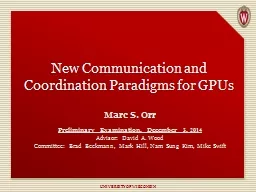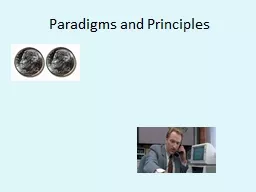PPT-Understanding Evolving Treatment Paradigms for Older Adults
Author : alexa-scheidler | Published Date : 2017-08-03
Farhad Ravandi MD Professor of Medicine University of Texas MD Anderson Cancer Center Disclosure of Conflicts of Interest Dr Ravandi discloses that he is a consultantadvisor
Presentation Embed Code
Download Presentation
Download Presentation The PPT/PDF document "Understanding Evolving Treatment Paradig..." is the property of its rightful owner. Permission is granted to download and print the materials on this website for personal, non-commercial use only, and to display it on your personal computer provided you do not modify the materials and that you retain all copyright notices contained in the materials. By downloading content from our website, you accept the terms of this agreement.
Understanding Evolving Treatment Paradigms for Older Adults: Transcript
Download Rules Of Document
"Understanding Evolving Treatment Paradigms for Older Adults"The content belongs to its owner. You may download and print it for personal use, without modification, and keep all copyright notices. By downloading, you agree to these terms.
Related Documents














